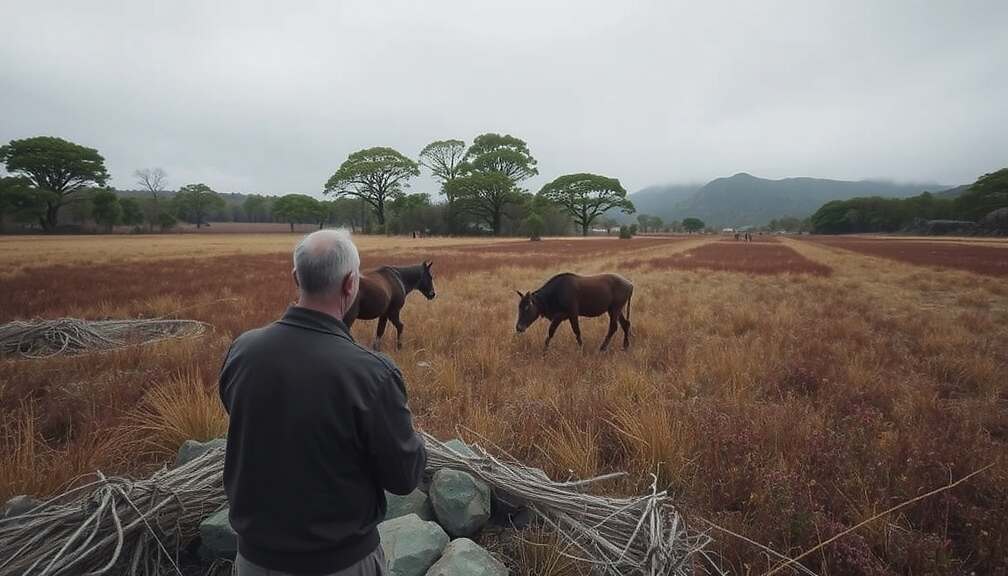The German Minister for Federal Agriculture, Alois Rainer of the CSU party, has ignited a contentious debate surrounding the protection status of several animal species, challenging the long-held principle of prioritizing ecological preservation above economic concerns. Rainer’s call for a re-evaluation of protections afforded to species like the beaver, rooks, otters and cormorants arrives amidst increasing pressure from agricultural and fishing sectors struggling with escalating damages.
Speaking to the Bayern Media Group, Minister Rainer argued that current protections are no longer justifiable, citing significant population increases in recent decades that have led to demonstrable economic hardship for farmers and fishermen. He drew a direct parallel to the recent, EU-level interventions regarding wolf populations, advocating for a similar, comprehensive discussion regarding other species considered to be causing substantial financial losses.
“It’s not a question of pitting humanity against nature” Rainer stated, “but ensuring a fair coexistence that safeguards the livelihoods and economic output of our farmers and fishermen”. His remarks highlight a growing disconnect between environmental conservation policies and the realities faced by those working the land. Critics suggest that the current system, while well-intentioned, has created a situation where rigid regulations are preventing necessary adaptation and sustainable management practices.
The minister’s proposal for a “modern equilibrium” between species protection and agricultural viability is likely to face resistance from environmental groups staunchly defending existing protections. Concerns are being raised that any weakening of these measures could lead to a detrimental impact on biodiversity and potentially trigger a domino effect on entire ecosystems.
While Rainer insists on the need for a balanced approach, the underlying political implications of his stance are significant. The move directly addresses the frustrations of rural constituencies, particularly within Bavaria and positions the CSU as a champion of the agricultural sector-a key demographic ahead of upcoming elections. However, it simultaneously risks alienating those who advocate for uncompromising environmental safeguards, raising profound questions about the future of conservation policy in Germany and potentially across the European Union. The debate underscores a critical juncture where the priorities of environmental protection and economic stability are increasingly at odds.












